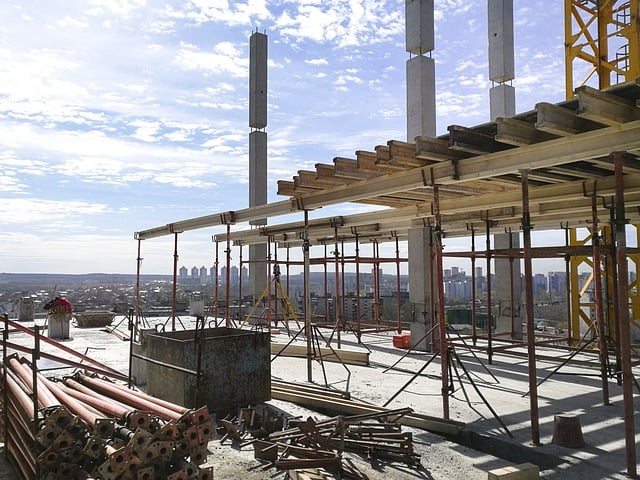If you have a project that you need to have done, whether it’s getting a slab of concrete poured or having a new website built, it’s always a good idea to try to find the best possible price from the best possible person. In order to make sure you’re getting the best bang for your buck and getting a finished product that you’ll be happy with, you should seek out bids or estimates. But once you have all this information, you might not know how to reasonably compare all the facts you’ve been presented with. So to help make this process a little easier on you, here are three tips for comparing estimates and offers for your upcoming project.
Set Your Own Key Performance Indicators
Before you reach out for proposals regarding your project, it’s important for you to know exactly what it is you’re looking for. If you’re not exactly sure what it is you want, you won’t be able to effectively compare your bids or estimates to anything. To help with this, Moira Alexander, a contributor to CIO.com, recommends nailing down what key performance indicators you’ll be looking for as your standard of comparison. Some of the key performance indicators you might want to consider could include actual cost, potential for going over cost, how much return on the investment you’ll get and more.
Get Your Estimates Or Bids Broken Down
While being given an estimate or a bid before you get any work done can help you make a smarter decision on who to work with, you can’t really compare them too well unless you’ve gotten the bids broken down. According to Tom Silva, a contributor to This Old House, you should try to get all your bids broken down into certain categories like labor, materials, expenses, and more. By doing this, you’ll be able to see exactly where your money is likely to go and if the projected costs are what you’re willing to pay for certain aspects of the project.
Watch Out For The Outliers
Once you have all your bids or estimates and you’re ready to sit down with them and make your final decision, there are a few things you should be on the lookout for. While saving money with the lowest offer might sound good in theory, Josh Garskof, a contributor to Time Money, shares that you should throw out any outliers either on the low or the high side. Low-ball offers might also mean poorer quality than your other offers. And if an estimate is much higher than all the others, this might mean that they’re so busy with other business that they can afford to ask for more money, which means they might give your work less attention than it deserves.
If you have a project you need some help with, consider using the tips mentioned above to help you compare any estimates or bids you get from contractors.

